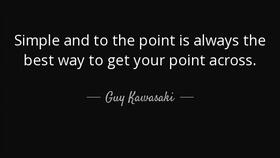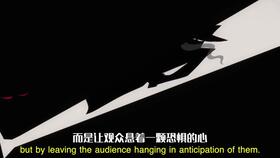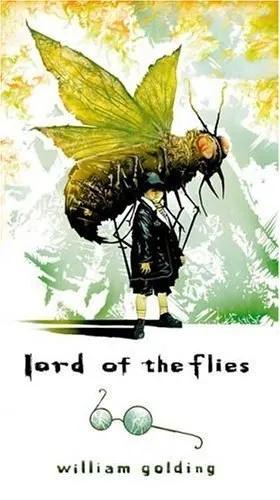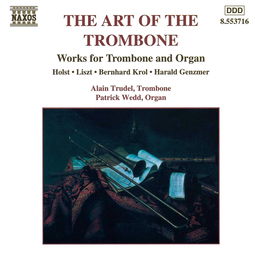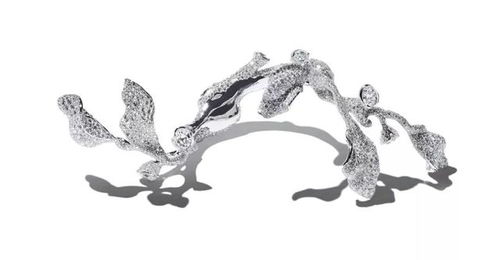Content:
Introduction: Fishing in a small fish pond can be a delightful and rewarding experience, especially for beginners. Whether you are looking to relax and unwind or trying to catch your first fish, there are certain techniques and tips that can help you improve your chances of success. In this article, we will discuss the essential tricks and strategies for fishing in a small pond, ensuring that you have a fun and fruitful fishing trip.
Choose the Right Equipment: Before you start fishing in a small pond, it is important to have the right equipment. Here are some essential items you should consider:
a. Rod and Reel: Select a lightweight rod and reel that is suitable for the type of fish you are targeting. A medium-action rod with a spinning reel is often a good choice for small ponds.
b. Line: Use a monofilament line with a suitable breaking strength for the fish in the pond. A line thickness of 4-6 pounds is generally sufficient.
c. Hooks: Choose hooks that are appropriate for the size of the fish you are targeting. For small ponds, size 6 to 10 hooks are usually ideal.
d. Lures and Baits: Bring a variety of lures and baits to attract different types of fish. Live bait, such as worms or minnows, can also be effective.
Choose the Right Spot: When fishing in a small pond, it is important to choose the right spot. Here are some tips to help you find the best fishing spot:
a. Look for areas with vegetation: Fish often gather near vegetation as it provides cover and food sources. Look for areas with submerged plants, rocks, or logs.
b. Identify feeding patterns: Observe the fish in the pond and try to identify their feeding patterns. Fish tend to feed in certain areas at specific times of the day, so it's important to find those spots.
c. Consider the water depth: Fish often stay near the bottom of the pond, so it's a good idea to fish in deeper areas or near the edges where the water deepens.
Present Your Bait or Lure Effectively: Once you have found a good spot, it is important to present your bait or lure effectively. Here are some tips:
a. Cast carefully: Avoid casting directly into the fish's path, as this can scare them away. Instead, cast slightly upstream or across the pond.
b. Retrieve at a natural pace: When using lures, retrieve them at a natural pace that mimics the movement of the fish's natural prey. This can help attract more fish.
c. Adjust your bait presentation: If you are using live bait, try to present it in a way that looks natural. For example, if you are using worms, thread them onto the hook in a realistic manner.
Be Patient and Persistent: Fishing in a small pond requires patience and persistence. Here are some tips to help you stay focused and increase your chances of catching fish:
a. Set up a comfortable fishing spot: Find a comfortable spot to sit or stand and make yourself at home. This will help you stay focused and enjoy the experience.
b. Adjust your tactics: If you are not having any luck, try changing your bait, lure, or fishing spot. Sometimes, it's as simple as trying a different approach.

c. Stay patient: Fish may not bite immediately, so it's important to stay patient and give your tactics time to work.
Conclusion: Fishing in a small pond can be a fun and rewarding experience for beginners. By following these essential tips and techniques, you can increase your chances of catching fish and make the most of your fishing trip. Remember to be patient, persistent, and enjoy the process, and you'll be well on your way to becoming a skilled pond fisherman.
